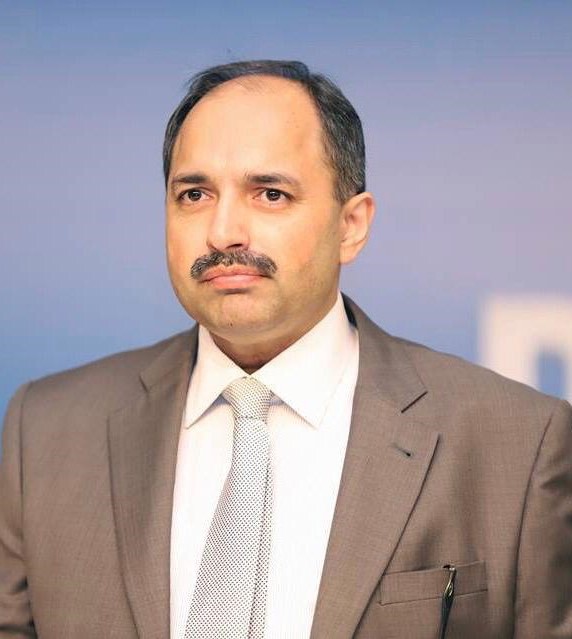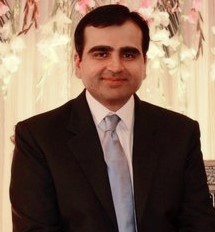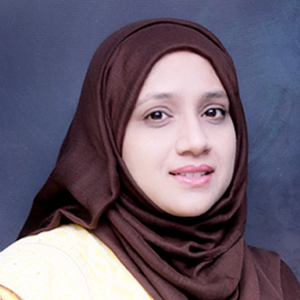School of Economics
The origin of the School of Economics can be traced back to the year 1919 when a Chair in Economics was established at the University of the Punjab with a view to promote higher studies in the subject. Advice of many famous economists, such as E. C. Gonver, S. G. Champman, Sidney Webb and Mrs. Webb, Alfred Marshall, A. L. Bowley and J. M. Keynes, was sought for formulating a suitable curriculum for the University of the Punjab. In 2021, the School of Economics was established, comprising of four departments (Department of Economics, Department of Business Economics, Department of Econometrics and Quantitative Methods, Department of Public Policy and Governance) as well as the Punjab University Center for Economics and Business Research. Presently, the School of Economics is a part of the Faculty of Business, Economics, and Administrative Sciences.
The Department of Economics offers full-time academic programs at undergraduate level (B.S Economics, B.S. Business Economics, B.S Economics and Finance), as well as M. Phil. and Ph.D. degrees in Economics.
Our Vision
To create a collegial environment that emphasizes on continuous professional excellence in instruction, research and application of theory to practice.
Mission Statement
The mission of the School of Economics at University of the Punjab is to offer rigorous degree programs that equip students, through a combination of coursework and applied research, with a holistic understanding of global, regional and local economic issues which they can utilize to make optimal decisions for themselves, in business life and in public policy.










